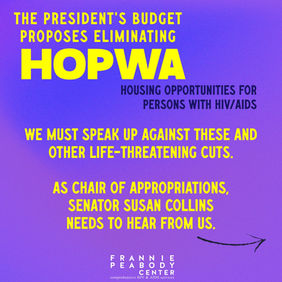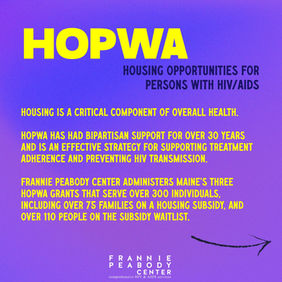Shareable images
Federally funded HIV/AIDS programs have long held bipartisan support and are the tools we rely on to support the health and well-being of people living with HIV as well as preventing HIV transmission. We encourage you to share these materials with others and educate your networks on the importance of these programs.
Resource Materials
The resources below were published by federal websites prior to Jan. 20, 2025 and have been uploaded here as educational materials. They include data and outcomes for critical programs that support people living with HIV/AIDS. We encourage you to learn and share.
This 2-page fact sheet outlines the continuation of the National Plan - goals, strategies, and populations most affected.
The National HIV/AIDS Strategy is an important continuous plan, supported throughout changing administrations, to address the HIV/AIDS epidemic through a coordinated effort. It represents a roadmap for a diverse network of providers, community members, and organizations to work together toward the common goal of ending the HIV epidemic in the US.
This report was published on Dec. 31, 2024. Additional Ryan White Data Monitoring is available through NASTAD
The Ryan White Program is the largest federal program of its kind, providing support to individuals living with HIV who have limited income. It supports medication access, insurance coverage, medical care, and assistance with dental, housing, food and more.
Housing Opportunities for Persons with AIDS
This document reflects on 30 years of progress for the only HUD-funded Housing Program for people living with HIV/AIDS in the US.
HOPWA grants in Maine are administered by Frannie Peabody Center, and provide housing support in the form of short-term rent/mortgage/utility assistance, as well as a housing subsidy program, similar to section 8.
This reports national data on HIV prevalence including a wide range of demographics and trends.
This 1-page document provides background and data published in December 2024. PEPFAR has been credited with saving 26 million lives around the globe since its inception in 2003.
In addition to Medicaid covering healthcare for eligible individuals, Maine is unique in that it is the only state to have a Limited Benefit Waiver, which expands access to MaineCare up to 250% of the Federal Povery Line.

















